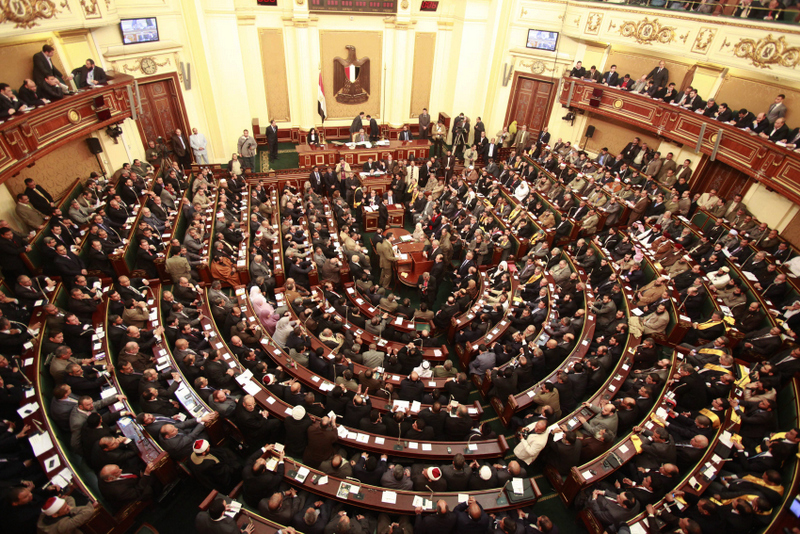Sudan’s main civilian coalition, Tagaddum, announced on Monday a formal separation between factions over the proposed formation of a parallel government. The division highlights growing rifts within the civilian bloc amid an ongoing conflict between the army and the Rapid Support Forces militia (RSF).
The move follows Deputy Chairperson al-Hadi Idris’s push to establish a civilian government to challenge the legitimacy of the administration appointed by army chief General Abdel Fattah al-Burhan in Port Sudan.
Tagaddum said in a statement that its leadership body, headed by former Prime Minister Abdalla Hamdok, convened to discuss the issue and concluded that the differing views required a formal split.
“The most appropriate option is to separate those holding the two positions, so that each can work under a separate political and organizational platform with two new and different names,” the statement said.
Tagaddum said each faction would now pursue its own strategy to end the war, achieve lasting peace, establish democratic civilian rule, and counter the influence of the former regime. Each group will announce its future arrangements separately.
While Tagaddum did not name the groups opposed to a parallel government, it said they represent a majority of the coalition.
Those supporting the formation of a parallel government include former members of the Sovereignty Council: al-Hadi Idris, al-Tahir Hajar, and Mohamed Hassan al-Taayshi, as well as Suleiman Sandal, the head of a splinter faction of the Justice and Equality Movement.
Tagaddum, which includes political parties, armed movements, and independent figures, is one of Sudan’s largest civilian political alliances.
The divisions within Tagaddum surfaced in recent weeks after the alliance announced a committee to address the escalating conflict over forming a parallel government in RSF-controlled areas.
The Sudanese government on Sunday announced a roadmap for the post-conflict period. This includes forming a government of technocrats, selecting a civilian prime minister, and launching a national dialogue as the army claims gains against the RSF.
A statement from the Sudanese Ministry of Foreign Affairs outlined the plan, which also requires groups to lay down arms and the lifting of the RSF siege of El Fasher before any ceasefire or negotiations can begin.



